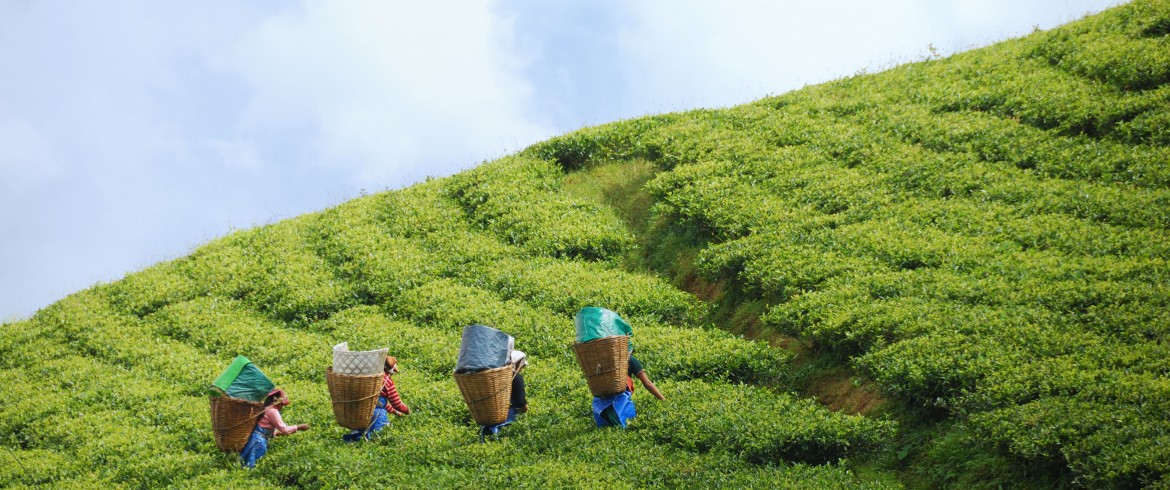Rewarded by the ONU with the Future Policy Award 2018, the Sikkim is the first region in the world to have a 100% sustainable agriculture. An extraordinary result, reached thanks to the perseverance against the destroying exploitation of the environment and biodiversity.
Sikkim is a federal State of India surrounded by China, Nepal and Buthan. Despite the geographical collocation that makes this country one of the most faraway places, this country is famous thanks to the environmentally friendly policies.
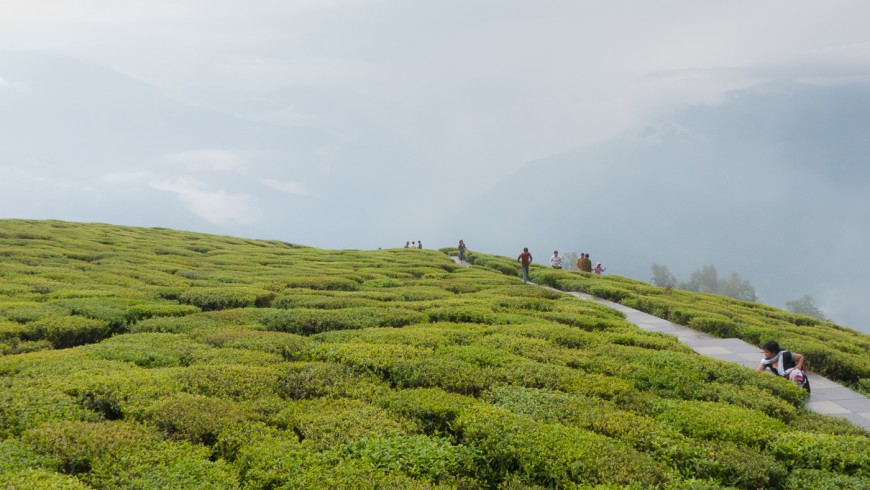
The opposition against the industrial agriculture, the sustainability in the food production and the defense of the local and small producers. These are the reasons why Sikkim has received the Future Policy Award 2018, during the ceremony in Rome, in the headquarter of FAO. It is a very important reward, given to the countries that are contributing to improve the environmental and social conditions for the present and future generations.
Sikkim, the living proof that the appropriate policies reward
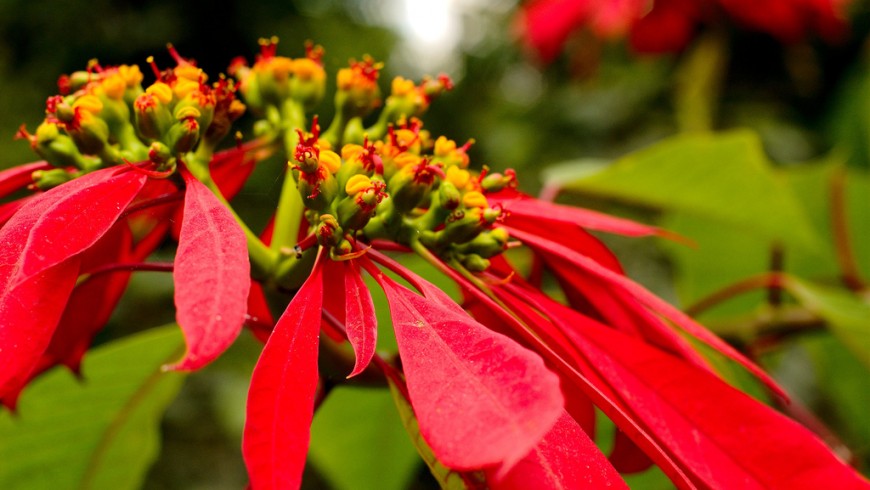
Sikkim has shown that it is possible to switch from an industrial agriculture to a sustainable one. In fact, thanks to the adoption of a series of appropriate policies, this region has converted his 66 thousand farmers to the adoption of sustainable agriculture practices. An incredible result, even unthinkable, that is creating a fundamental example. We have to start from this exceptional example if we want to change the destiny of the planet in which we are living. Sikkim taught us that we can release from the harmful substances that are polluting the environment and our nutrition.
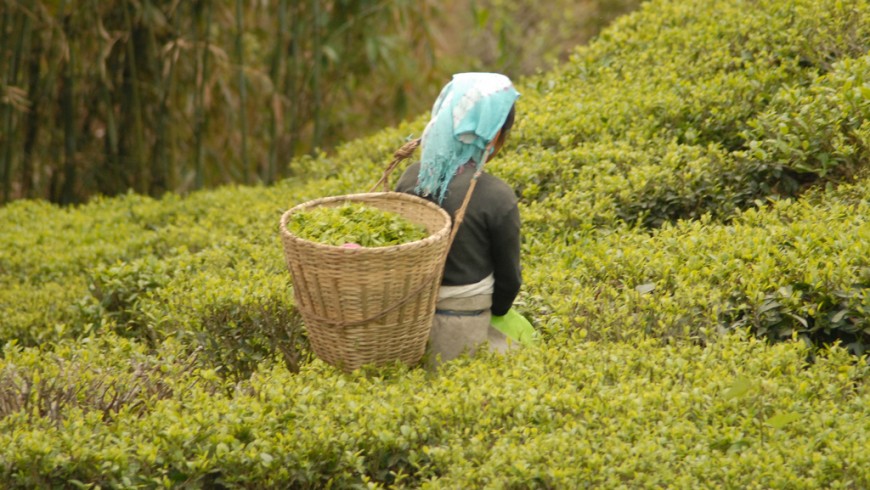
Even if at the begging it was not simple, starting from 2003 until today, the country has gradually reached the education of its farmers to the agroecology and to refuse the harmful substances for the environment and the health, like the chemical fertilizers and pesticides. The effort was so big that the selling of this products is forbidden. This is the first and most important ecological practices to adopt for the safeguard of the environment and the health of the citizens.

Today, Sikkim can count on the organic certification of the agriculture in the whole country. It is an extraordinary important goal that is contributing to the protection of the small producers, incrementing the agricultural sustainable practices and protecting the environment with the increase of healthy food. With a positive impact on the health of the inhabitants. In fact, living in the middle of the uncontaminated green environment facilitates the brain activity.
How the agroecology will save the planet
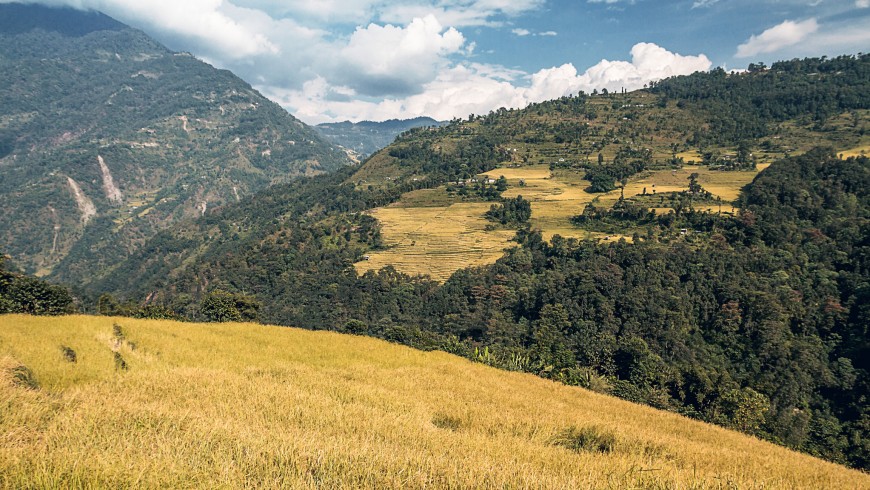
If Sikkim has succeed to convert his agriculture into sustainable and organic practices, then every country in the world can and must do it. Of course it is not so simple. But if we want to support an agriculture that gives us fruits without poison and contributes to mitigate the climate change, the way to follow is exactly this one. And if we think also to the increase of the world population and to the destroying effects caused by the production of animals proteins, the importance of the sustainable agriculture is even more evident.
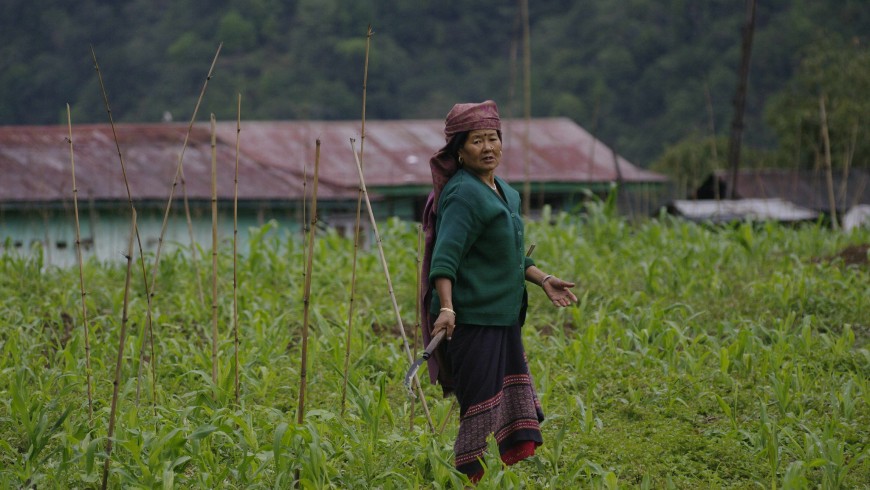
The agroecology permits to develop sustainable agricoltural techniques, such as for example the production of the compost ad fertilizer, the rotation of the cultivation to let the soil rest and protect it from the parasites. These techniques, very easy to implement, ensure a safer food respecting at the same time the ecosystems and the people.
As affirmed by Alexandra Wandel, the director of the World Future Council (WFC), “the agroecology permits us to deal with malnutrition problems, the social unfairness, the climate change and the loss of the biodiversity”.

The example of Sikkim confirms that even this time the work and the dedication let us reach unthinkable results. Believe in what you do: this is the right attitude that transforms even the most skeptical into passionate supporters of a necessary change. The sustainable agriculture respects the ecosystems, reduces the impact on the weather of the planet and gives us a nutrition with a higher content of antioxidants. A part from the nature, it is also the consumer to have huge benefits. Do you think there are other justifications to postpone the ecological transition?
Cover picture: Farmers in Sikkim, picture of Angelfir&me, via Flickr
